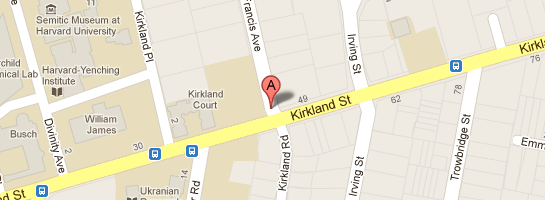
Watch out journalists: Just because something is free today doesn’t mean it will be free tomorrow.
Google announced last night in a blog post that the Google Maps API will no longer be free for everyone to use. A developer that generates more than the prescribed limit — 25,000 map views a day in most cases — will have to pay up. The price varies on how you use the API, but will range from $4 to $10 for every 1,000 map views beyond the limit. (You can also buy a Google Maps API Premier license — those start at $10,000 a year.)
It’s hard to complain too much about a company charging for its services — well, at least it’s hard for news companies to complain when they’re busy putting up paywalls of their own. But data-oriented journalists will be among the people most impacted by this change, since map mashups using Google Maps data have been a big part of the field since chicagocrime.org (which evolved into EveryBlock) debuted back in 2005. Whenever you see a map mashed up with a set of local data on a news site, there’s a very good chance it was built with the Google Maps API.
The news has sent the news developer universe looking for other options:
Megan Hoyer at The Virginian-Pilot: “Trying to figure out how much the Google Maps API issue will cost us. My initial read: Quite a bit. #ouch”
Ben Welsh at The Los Angeles Times: “V2 maps will cost double? Hilarious.”
Jeremy Bowers at The Washington Post: “Guess we’ll be building a map stack. #tilemill”
Brian Boyer at The Chicago Tribune: “Time to switch!”
Bing and Yahoo both offer map APIs, and there are open source options available. But for news organizations that had been relying on Google’s service for map products, it’s time to scramble — either to free up some money in the budget or to search for an alternative. Google says it will “begin enforcing the usage limits in early 2012.”